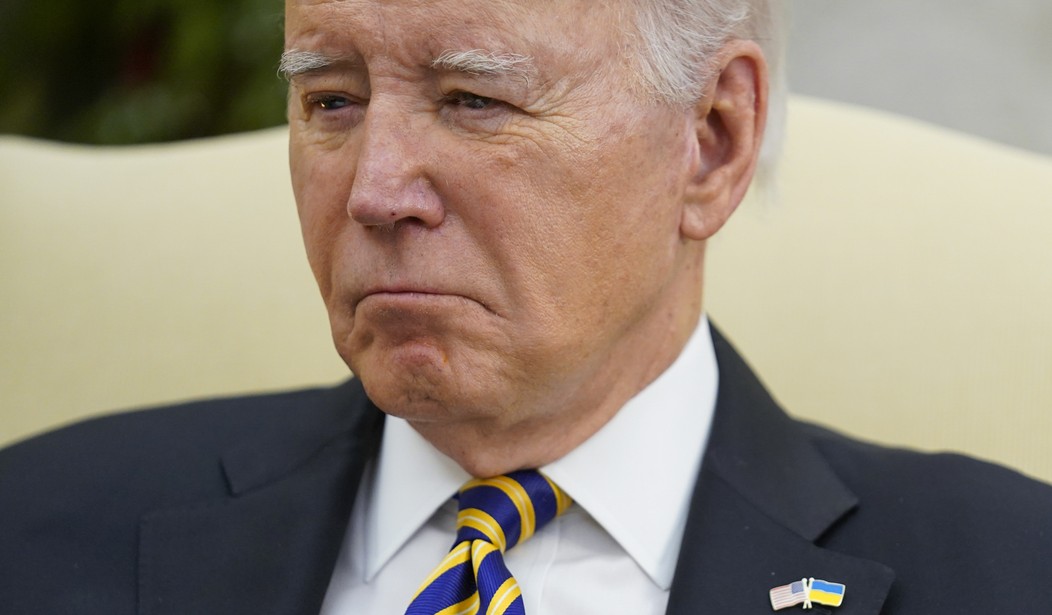The ground battle for northern Gaza is largely over, and the outcome in the south is foregone as this map shows. Stragglers may soldier on, but like the kamikaze attacks on the fleet off Okinawa, efforts in the media, and feints in Lebanon and the Red Sea have impeded but not stopped the destruction of Hamas.
The lesson of the Gaza war is that Hamas' local fortifications could not overcome the inability of Iran's proxies to come to each other's aid. There was ultimately no "fleet" that could ride to the rescue. Hezbollah could sympathize, but like Steiner in the Downfall movie, ultimately could not come.
The biggest miscalculation of Hamas in undertaking Oct 7 was to reckon it would be relieved by world political support or diversionary attacks on Israel's rear by other militant forces. While these attacks have materialized to some extent, they are nowhere near enough to get the IDF off its backs. The Iranian cavalry never came.
All the talk about inspiring future generations has the air of making virtue out of necessity. But it is unlikely that martyrdom was the original plan. So why did Hamas risk it? At the heart of its calculation was the belief that the future would resemble the past. As the New York Times put it in the article "Behind Hamas’s Bloody Gambit to Create a ‘Permanent’ State of War":
It was necessary to “change the entire equation and not just have a clash,” Khalil al-Hayya, a member of Hamas’s top leadership body, told The New York Times in Doha, Qatar. “We succeeded in putting the Palestinian issue back on the table, and now no one in the region is experiencing calm.” ... set off a sustained conflict that ends any pretense of coexistence among Israel, Gaza and the countries around them.
“I hope that the state of war with Israel will become permanent on all the borders, and that the Arab world will stand with us,” Taher El-Nounou, a Hamas media adviser, told The Times.
Hamas was in fatal thrall to the glory days. When the past could not be revived, Hamas' gamble failed. It's important to realize that legacy institutions and dreams might not be viable going forward, and an ability to discard them is a prerequisite to survival.
Perhaps the Greatest Generation deserves the name, not because it won WW2 (which it did) but because it won the peace which was in many ways the harder trick. The key to its success was that it did not try to restore the pre-WW2 system and revive the past. It let the British and European colonial empires die. It took the world as it found it in 1945 and rebuilt it on those foundations, shaping it to new ends. Had it tried to keep them, it might have failed.
The post-WW2 U.S. could take the risk because it was, relative to other victorious powers, less invested in the status quo ante. It was free because it had little to lose. Subsequent generations in Washington by contrast have done the opposite. They've focused on preserving the old World Order that they created and are chained to their inheritance.
If permanent war was the goal of Hamas, permanent stalemate may be the objective of Joe Biden. The WSJ writes, "He has spoken about standing shoulder to shoulder with Ukraine, about helping the country 'for as long as it takes' and about not letting Mr. Putin win. But the administration has never made a clear commitment to a Ukrainian victory—to helping the country liberate all its legally recognized territory and become part of the North Atlantic Treaty Organization. ... This raises the question: Does Mr. Biden want Ukraine to win?"
The probable answer is no — not if it upsets the status quo. That preference has kept Washington stuck in a never-ending effort to keep the future just like the past. As a result, the globe is littered with unfinished business. The International Crisis Group lists 10 wars to watch in 2024, not because we expect any of them to end, but because 10 might become 11, 12 ... "Can we stop things falling apart? 2024 begins with wars burning in Gaza, Sudan and Ukraine and peacemaking in crisis. Worldwide, diplomatic efforts to end fighting are failing. More leaders are pursuing their ends militarily. More believe they can get away with it."
War has been on the rise since about 2012, after a decline in the 1990s and early 2000s. First came conflicts in Libya, Syria and Yemen, triggered by the 2011 Arab uprisings. Libya’s instability spilled south, helping set off a protracted crisis in the Sahel region. A fresh wave of major combat followed: the 2020 Azerbaijani-Armenian war over the Nagorno-Karabakh enclave, horrific fighting in Ethiopia’s northern Tigray region that began weeks later, the conflict prompted by the Myanmar army’s 2021 power grab and Russia’s 2022 assault on Ukraine. Add to those 2023’s devastation in Sudan and Gaza.
In many ways, Joe Biden's "Build Back Better" resembles an eternal Bourbon Restoration attempted with rotgut whiskey. The production of a cheap copy of the golden days, the memory of greatness and peace instead of its actuality. The result is efforts that seem superficially new but are in fact the same old same old.
But as Hamas learned to its cost the Moving Finger writes, and, having writ, moves on. Information is surprise. The task of every present age is to build on it, not as Washington seems to think, to keep tearing it down. It's a challenge that Hamas could not and perhaps Joe Biden cannot face.










